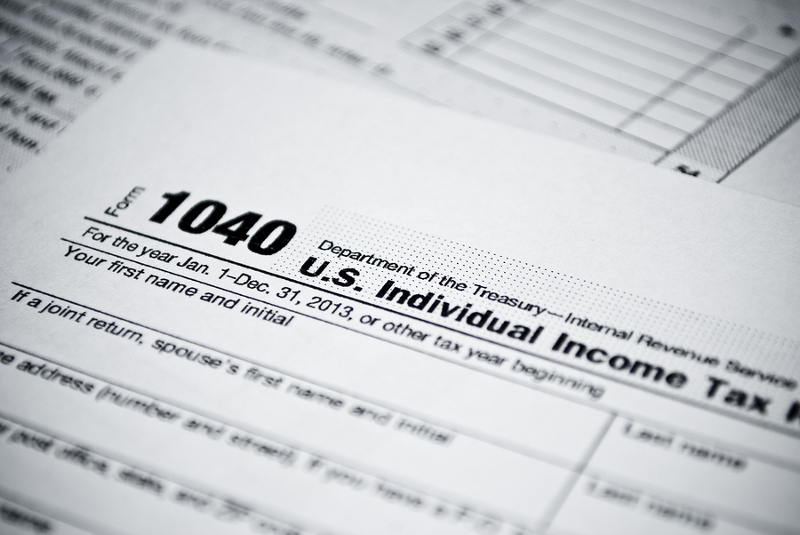In general, if a US taxpayer’s total yearly income does not exceed the standard deduction and one additional exemption and you cannot be claimed as a dependent, then they are not required to file a tax return. There is no set limit for how much income you can earn before triggering a duty to file taxes because the limit is based upon a number of factors including the type of income, the taxpayer’s filing status, and the taxpayers’ age. However even if you believe that you have no obligation to file for the tax year, it is still prudent to file regardless.
Even if you believe that no tax reporting requirement exists, there can be a number of advantages gained through filing taxes regardless. The attorneys of the Hoffman Law Offices are dedicated to securing favorable treatment for all of its clients. The remainder of this post will discuss why filing taxes regardless of a reporting obligation can be beneficial for a taxpayer.
The failure to file a return can result in tax liability at any time
There is no statute of limitations on the Internal Revenue Service (IRS) brining a tax enforcement action against you if you fail to file. This is in contrast to the 3 years the IRS has to assess the tax when a return is filed. By holding unfiled tax returns, you essentially grant the IRS a right to pursue a tax deficiency against you at any time in the future. In light of the open-ended tax liability, such a strategy is unnecessarily risky and can rarely be considered to be advisable or prudent.

If the IRS prepares a return for you, they typically assume the worst
If the IRS does choose to prepare a Substitute for Return (SFR) due to your failure to file a tax return, such returns are rarely, if ever, in the taxpayer’s favor. Typically, the SFR will represent a worst case or near worst case tax scenario. When an SFR is utilized to calculate your tax liability, all revenue – including stock sales and other capital gains – will be treated as income and taxed at the higher rate. The IRS is also likely to make assumptions regarding other income that are unlikely to be in your favor.
Claim tax refunds even in years where you do not owe taxes
In some years you may not have a tax reporting obligation, but filing taxes may nevertheless be in your best interest. If you have had federal payroll taxes withheld from your paycheck, but do not earn enough to have a tax reporting obligation you are likely to be owed a tax refund. However, you cannot obtain a tax refund without filing taxes. Therefore, by failing to file taxes you may also be giving you hard-earned money to the government unnecessarily.
State Business taxing authorities may make unfounded assumptions
A number of state taxing authorities are known to impose tax obligations based on rather feeble evidence when a tax return is not filed each and every year. In California, for example, a tax is often assessed simply because you have a business license. This tax is computed based on the average income of others with a similar license without regard to your own financials. Furthermore the Employment Development Department assumes that your tax liability is consistent unless you notify it that your situation has changed. Filing tax returns yearly can inform state taxing authorities of changes to your business so that you do not face taxes computed from data that no longer reflects your company’s position.

The penalties for a failure to file can be harsh
If your belief that you did not have a tax reporting obligation turns out to be unfounded, you may end up facing significant fines and penalties. A failure to file penalty is typically assessed at 5 percent of the unpaid tax. It is assessed for all months, or parts of months, where a tax obligation was due. If your tax return was due on April 15 and you did not request an extension from the IRS but did not file until July 2, you would face a penalty for four months: The full months of May and June and the partial months of April and July. If your return is filed more than 60 days late without an extension, a minimum penalty of the lesser of $135 or 100% of the unpaid tax can be assessed.
The Hoffman Tax Law Office fights to resolve tax issues for hard-working individuals. To discuss your tax concerns, contact Hoffman Tax Law online or by calling (800) 897-3915.


